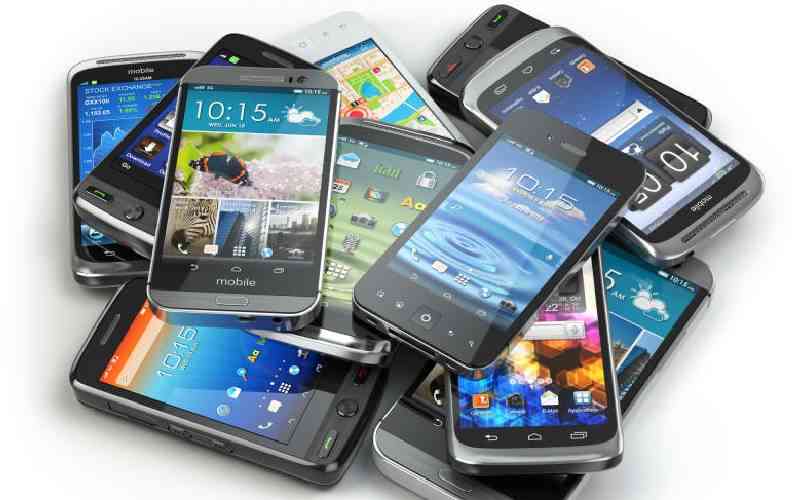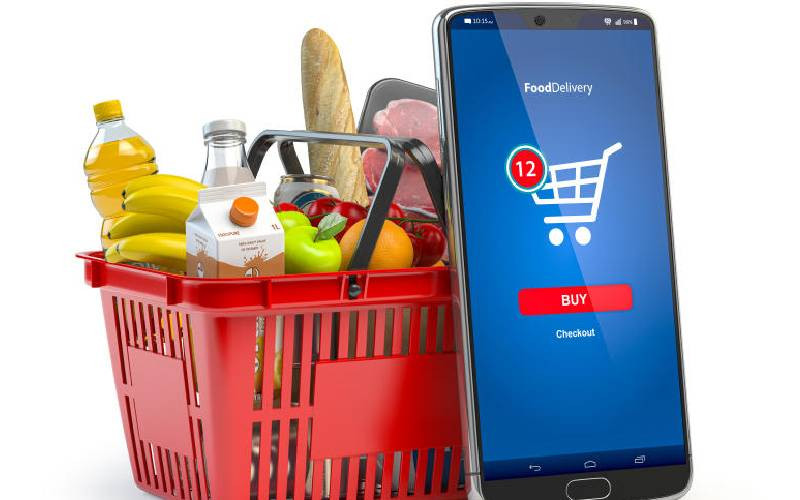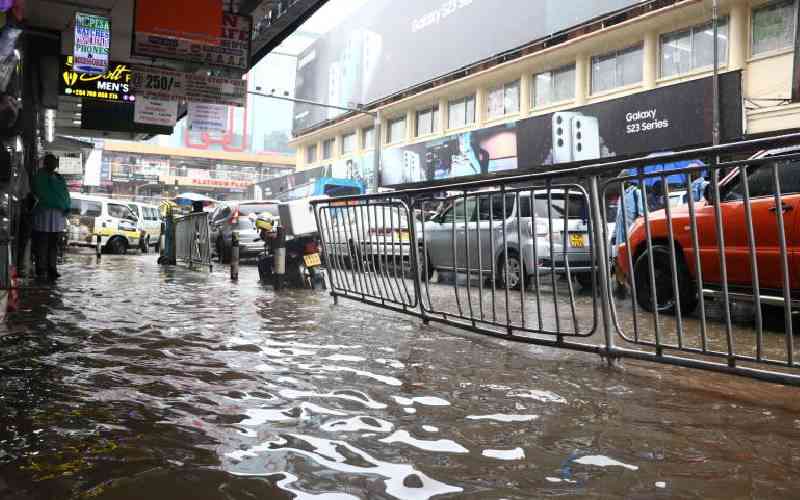Most official documents from developed countries ask for a physical address, which is often confusing unless you have lived there. A physical address refers to where you can be found, either the workplace or at home – not the post office box.
It often refers to an office or house number, and the street or avenue where a house or office is located. An example could be 1108 Fairmont Avenue, 40706. The first number is the house or office block, and the last is the postal code. Other countries like the UK have a more complex address system.
The postal code is one classification that has been underutilised here. Can we have a population and its characteristics like education, income and crime levels broken down to postal code level?
We need to know the most affluent postal code, the most peaceful, the oldest and even the happiest. Such data would be an asset to marketers, political strategists and security analysts.
The Nairobi County government is giving buildings numbers, which is the basis of physical addresses. In many estates, houses have numbers, only that they may not be in any searchable database. Giving offices and houses numbers or better physical addresses can save customers a lot of time. Imagine locating offices next to a tree that has been cut down.
Direct rescuers
Logistics firms are the most affected by lack of physical addresses when delivering parcels. There is no doubt a well-coordinated physical address system has many advantages, especially in cases of emergencies. If you are calling for an ambulance or there is a fire, how do you direct rescuers?
The physical addresses being introduced in Kenya perplex me. Why now? Why more than 100 years after the founding of Nairobi? Why should we take that long to introduce a very simple, yet powerful idea?
Former presidents Jomo Kenyatta and Mwai Kibaki lived abroad for years and I am sure they had physical addresses. Why didn’t they introduce this system locally back in their time?
Why are we so obsessed with the big ideas and not the small ones that really matter? Why haven’t we adopted the physical address system from the US, yet we have adopted their political system? Also, why do we import Japanese cars and not their courtesy?
This selective importation of ideas starts early in our lives. Back in high school, we had exercise books where we wrote down the lyrics of popular Western songs, but we did not have any notebooks for great ideas in science, technology or engineering. Teachers, is this still common – or do students just download lyrics to their phones?
Our selective importation of ideas is a threat to economic progress. Economic powerhouses, such as Singapore and South Korea transformed themselves by carefully adopting Western ideas that focused on maximising returns for their citizens in the shortest time possible.
Complex ideas
In Kenya, however, we seem to focus mostly on trivialities, such as popular actors and musicians.
For instance, I recently offered Sh1,000 to both undergraduate and graduate students if they could identify Kim Kardashian, Kanye West, Angus Deaton and Jean Tirole from photos I distributed in class. They correctly identified Kanye and Kim, but had no idea who the other two, who won Nobel Prizes in economics in 2015 and 2014, respectively, were.
Stay informed. Subscribe to our newsletter
It is not the complex ideas that drive the world, but simple ones such as that of physical addresses. A good example is that the greatest ideas in economics are based on the simple concept of supply versus demand. The principles of computer science are based on a concept close to switching your torch on and off. Yet, our education system seems to be hell-bent on creating complexity, not simplicity.
Japan has set the pace in industrialisation, with its progress based not on complexity, but simplicity and better parsimony. For example, Toyota’s third rule is: “The pathway for every product and service must be simple and direct.”
Does this apply in your firm?
Physical addresses open new avenues for e-Commerce and tourism where, for instance, we may not need to drive tourists around anymore as they can do it themselves. This would set logistics firms free to try other innovations, such as tracking. Well documented physical addresses can also make navigation easier.
We need to go beyond physical addresses and demystify processes and procedures, particularly in public administration, which makes me wonder why our national IDs do not have provisions for telephone numbers or physical addresses where they can be delivered if lost. However, we need to give credit where it is due. Huduma Centres are a great idea, although more can be done to make life easier. Suggestions?
The writer is senior lecturer, University of Nairobi. [email protected]
 The Standard Group Plc is a
multi-media organization with investments in media platforms spanning newspaper
print operations, television, radio broadcasting, digital and online services. The
Standard Group is recognized as a leading multi-media house in Kenya with a key
influence in matters of national and international interest.
The Standard Group Plc is a
multi-media organization with investments in media platforms spanning newspaper
print operations, television, radio broadcasting, digital and online services. The
Standard Group is recognized as a leading multi-media house in Kenya with a key
influence in matters of national and international interest.
 The Standard Group Plc is a
multi-media organization with investments in media platforms spanning newspaper
print operations, television, radio broadcasting, digital and online services. The
Standard Group is recognized as a leading multi-media house in Kenya with a key
influence in matters of national and international interest.
The Standard Group Plc is a
multi-media organization with investments in media platforms spanning newspaper
print operations, television, radio broadcasting, digital and online services. The
Standard Group is recognized as a leading multi-media house in Kenya with a key
influence in matters of national and international interest.









